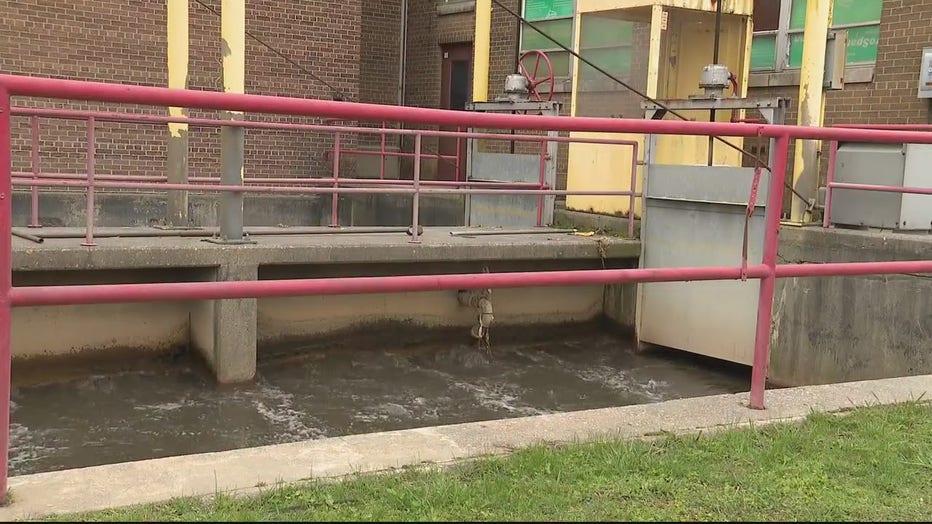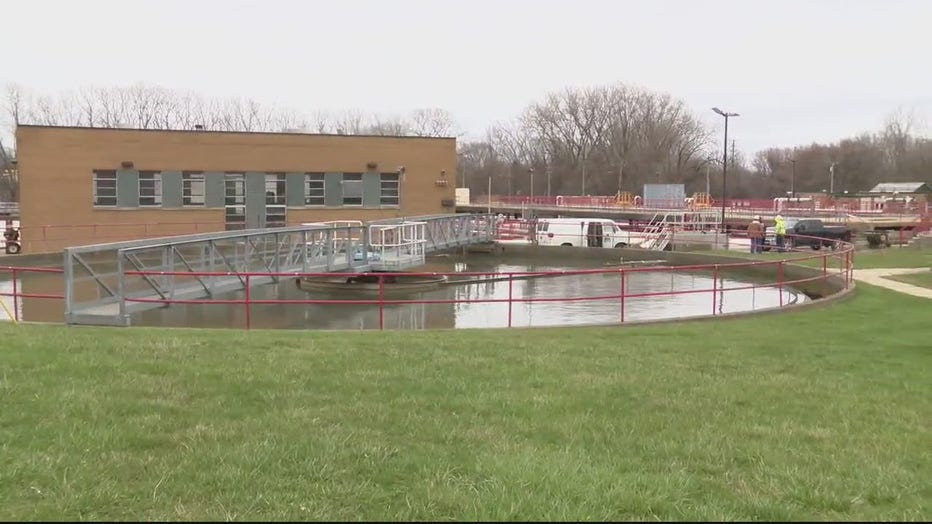Wastewater research program with Detroit, MSU to be used in predicting COVID-19 outbreaks
FOX 2 - The next time you flush the toilet you may be contributing to pivotal research on COVID-19 detection.
"We were the first people to do research to detect COVID-19 in wastewater," said Palencia Mobley, Detroit Water and Sewerage Department deputy director.

COVID-19 detection can be found in raw sewage
It's all thanks to an expansion of a project on virus detection in raw sewage that started between the city of Detroit and Michigan State University over three years ago.
It's all thanks to an expansion of a project on virus detection in raw sewage that started between the city of Detroit and Michigan State University over three years ago.
"We found all sorts of viruses in the community in 2017-2018 like the Hepatitis outbreak," said Dr. Irene Xagoraraki, Michigan State University College of Engineering.
Fast forward to 2020 and the project started focusing on the COVID-19 outbreak using funding from the Great Lakes Water Authority
"Everyone poops and pees," said Dr. John Norton, Great Lakes Water Authority director of energy, research, and innovation. "When you do those actions you are shedding the virus out into wastewater system."
Research shows the presence of coronavirus in untreated sewage several weeks before an outbreak is reported by officials at local and county health departments.

But if this information can be obtained early, local and county officials can act quickly to prevent the spread.
"We are providing the fundamental data that they can use to respond," said Norton.
"(We can) target neighborhoods and also zip codes where Covid is trending upward and provide some type of intervention," said Denise Fair, Detroit's chief public health officer. "This tool is going to be extremely important."
Like initiating contract tracing methods earlier. Part of the project is to focus on key zip codes in Oakland, Macomb and Wayne Counties.
The zip codes chosen in Wayne have had the highest infection rates since the COVID-19 outbreak began.
"It's very critical now with COVID-19 having a way to predict when viral outbreaks may occur and where they may occur," Mobley said.
But some critics argue if efforts are underway for vaccine distribution is it necessary to analyze fecal matter?
"There's a lot of suspicion around it," Mobley said. "So if people are not going to be vaccinated this data is still important to predict where we may have an issue."
"Covid-19 is not over it still here," Fair said. "This partnership is extremely beneficial in our defense to this battle."


